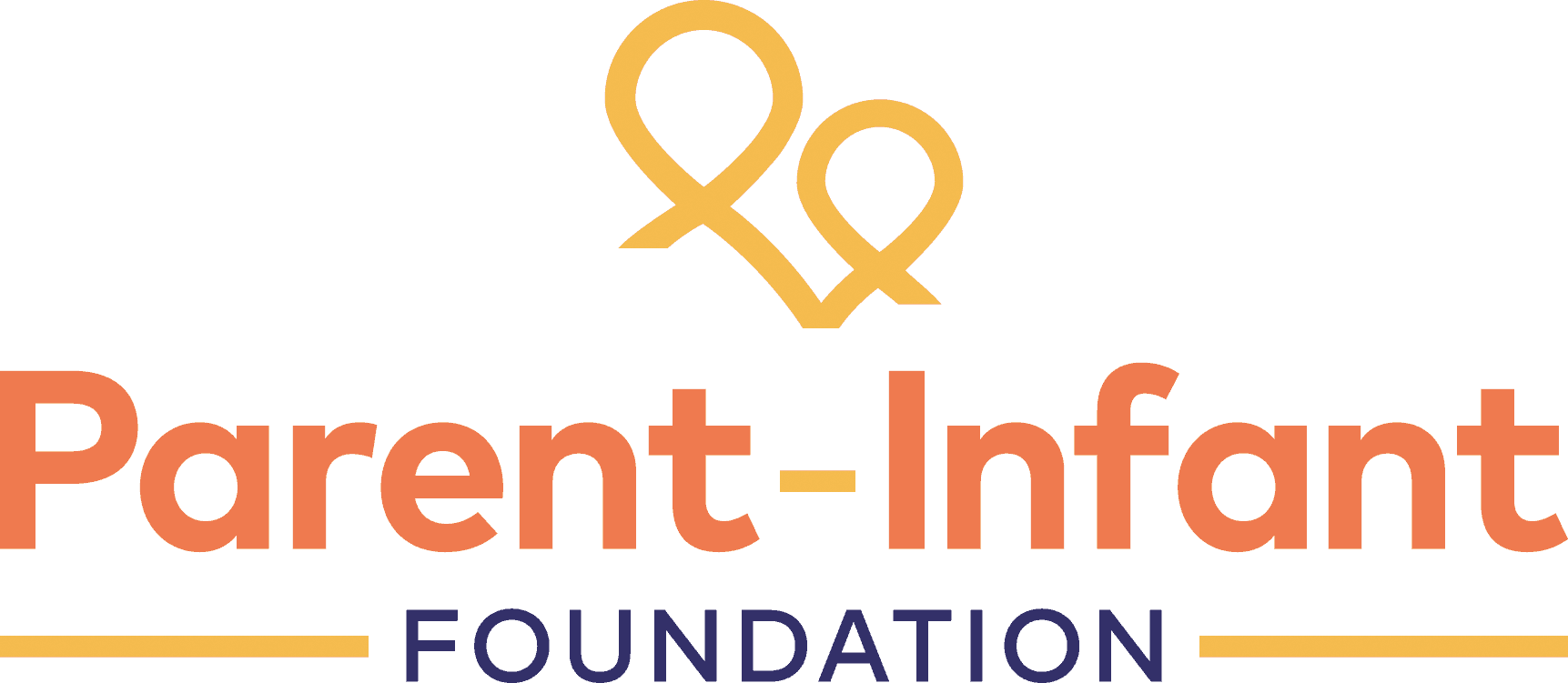Impact of COVID-19 Inquiry
Today the Government published its response to the Petitions Committee’s inquiry on the impact of COVID-19 on new parents and their babies. The response is available here.
Our analysis of the response highlights a number of areas where we feel it is insufficient:
The Government is diminishing the impact of the pandemic on our babies
The COVID-19 pandemic and lockdown measures had a significant impact on many babies, toddlers and their families across the UK. Although we’re still to understand the long-term impact of the pandemic, we know that many young children were exposed to significant adversity during this period, with impacts on their wellbeing and development.
We were disappointed that the Government did not acknowledge this in their response to the Petitions Committee’s report, which states only that the pandemic has “involved a significant amount of upheaval for new parents”. This hugely diminishes the experiences of many families over the last two years.
Disparities in recovery funding are inconsistent with Government’s own acknowledgement of the importance of the first 1001 days.
Our Chancellor stated last October that “The evidence is compelling that the first 1,001 days of a child’s life are the most important…”. Yet this Government has invested over £1bn in educational recovery in schools, whilst for babies and toddlers it has simply stated that “commissioners and providers may wish to consider development of a recovery plan to address the impact of COVID-19.”
The Start for Life Funding announced in the Spending Review is very welcome. However, it is funding to build new services for the future, not recovery funding for the babies of the pandemic and their families. It won’t be spent in local areas until the 22-23 financial year, when babies born in the first lockdown will already be over two years old.
More must be done to strengthen our health visiting services.
We were pleased to see the Government’s re-iterating that children should receive five health and wellbeing reviews and that these “should be face to face”. Concerted efforts are needed to achieve this. Data released by the Government last summer showed only 27.5% of children received a one-year-old check which was face-to-face. Government continues to allow local areas to count remote contacts within their routine health visiting delivery metrics. Government must change these reporting rules to send a clear message that local areas should deliver health and wellbeing reviews face-to-face.
The Government states that “The Spending Review also confirmed that Public Health Grant for local authority commissioned services will be maintained in real terms over the next three years. This will enable local authorities to invest in prevention and frontline services like child health visits.” Public Health Grant allocations have fallen in real terms from £4.2 billion in 2015–16 to £3.3 billion in 2021–22. During this period, it is estimated that at least 30% of the health visiting workforce has been lost with further losses forecasted. Maintaining the grant at 21-22 levels does not therefore equate to giving local authorities sufficient funding to invest in high-quality health visiting services.
